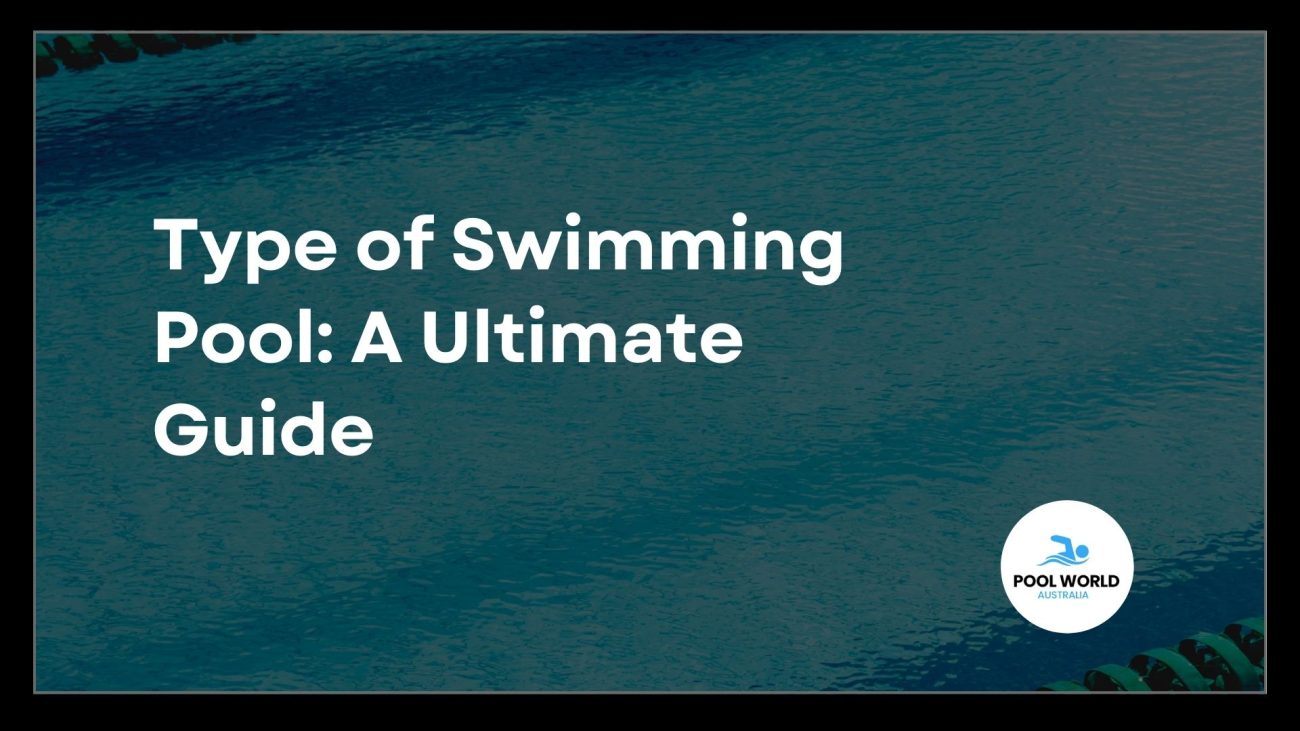Whether you’re looking to upgrade your backyard or create a space for family fun and fitness, having a swimming pool can completely transform your home. However, selecting the right type of pool can be overwhelming with all the options available. Should you go with an inground pool or something above ground? What about natural pools? And which materials should you choose? If you’re a parent, pool owner, or swimmer planning this big investment, we’ve got you covered.
Here’s a comprehensive guide to help you understand the different types of swimming pools, their materials, benefits, and considerations so you can choose the best one for your needs.
Types of Swimming Pools
1. Inground Pools
An inground pool is exactly what it sounds like—a pool built into the ground, creating a seamless and luxurious look.
Pros:
- Durable and long-lasting structure.
- Completely customizable in terms of size, shape, and depth.
- Ideal for resale value and aesthetics.
Cons:
- Expensive to install.
- Installation can take several weeks to months.
- Ongoing maintenance costs can be high.
Best for: Homeowners with the budget and space to create a backyard oasis.
2. Above Ground Pools
Above ground pools are budget-friendly pools that rest on the surface of your backyard.
Pros:
- Affordable and quick to install.
- Portable and easy to remove if needed.
- Lower maintenance compared to inground pools.
Cons:
- Not as durable as inground pools.
- Limited in size and shape.
- Aesthetic appeal is generally lower.
Best for: Families looking for a cost-effective and temporary swimming solution.
3. Indoor Pools
Indoor pools are built inside a home or a separate structure, offering year-round access to swimming.
Pros:
- Usable in any weather.
- Lower maintenance due to reduced debris entering the pool.
- More privacy and control over the environment.
Cons:
- Extremely high installation cost.
- Requires a separate enclosed space.
- May increase humidity inside the structure, requiring special ventilation systems.
Best for: Swimmers focused on fitness and year-round pool access.
4. Natural Pools
Natural pools use plants and a filtration system, rather than chemicals, to keep the water clean, mimicking a natural ecosystem.
Pros:
- Eco-friendly with no harsh chemicals.
- Blends beautifully with the surrounding landscape.
- Safe for skin and eyes.
Cons:
- Initial setup can be expensive.
- Requires ongoing upkeep of the plants and ecosystem.
- Water temperature may be harder to manage without heating.
Best for: Those looking for an environmentally sustainable and aesthetic pool experience.
Pool Materials
When choosing a pool, the material used plays a significant role in cost, upkeep, and aesthetics.
1. Concrete Pools
The most versatile option, concrete pools can be formed into nearly any shape or size.
- Pros: Fully customizable and extremely durable.
- Cons: Higher cost and long installation time.
- Maintenance: Prone to algae growth, requiring frequent cleanings and resurfacing every 10-15 years.
2. Fiberglass Pools
These come pre-fabricated in specific shapes, dropping installation time to just a few weeks.
- Pros: Low maintenance, faster installation, and smooth surfaces.
- Cons: Limited to pre-designed shapes and sizes.
- Maintenance: Resistant to algae, needing fewer chemical treatments compared to concrete.
3. Vinyl Liner Pools
Vinyl liner pools offer a more affordable inground pool option.
- Pros: Cost-effective and smooth lining that’s gentle on the skin.
- Cons: Liners need replacement every 7-10 years and are prone to punctures.
- Maintenance: Slightly more upkeep due to the vulnerability of the liner.
Factors to Consider When Choosing a Pool
1. Budget
How much are you willing to spend? Keep in mind that costs don’t just include installation; you’ll also need to factor in maintenance, repairs, heating, and other bills down the line.
2. Space Availability
Ensure you have adequate space to accommodate your pool type and desired size. For smaller yards, consider above ground or plunge pools.
3. Purpose
Do you need a pool for family fun? Serious swimming laps? A backyard showpiece? Your purpose will guide your choice.
4. Maintenance Commitment
Some pools, like natural and concrete pools, require more upkeep than others. Fiberglass and above ground pools tend to be easier to maintain.
5. Climate
Consider your local climate when choosing a pool. For example, an indoor pool is a great option for colder climates, while natural pools are better suited to areas with moderate weather.
Safety Tips for Different Pool Types
Safety should always be a top priority, especially for families with young children. Here are a few precautions tailored to different pool types:
- For All Pools: Install a secure fence or barrier around the pool to prevent unsupervised access. Add an alarm system for extra security.
- For Above Ground Pools: Use a removable ladder to restrict access when the pool is not in use.
- For Natural Pools: Clearly mark areas with deeper water and ensure the plants in the filtration system are not hazardous.
- For Indoor Pools: Make sure the room has proper ventilation to prevent humidity-related issues and mold growth.
- For Any Pool with Kids: Supervise children at all times and consider enrolling them in swimming lessons. Additionally, life-saving equipment like flotation devices should be easily accessible.
Final Thoughts
Choosing the right type of swimming pool comes down to your preferences, budget, and lifestyle needs. Whether you go for the permanent luxury of an inground pool or the eco-friendly appeal of a natural pool, there’s no one-size-fits-all solution. Evaluate your priorities and pick a pool that fits your family’s style, space, and safety requirements.
Want to take the hassle out of pool maintenance? Subscribe to our regular tips or visit our website for expert advice on keeping your pool in top-notch condition year-round. Happy swimming!

